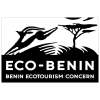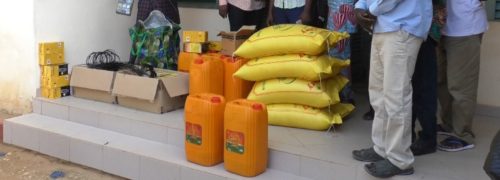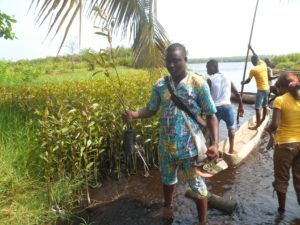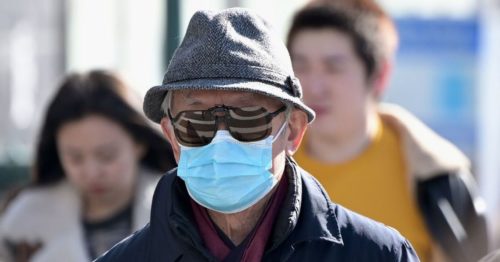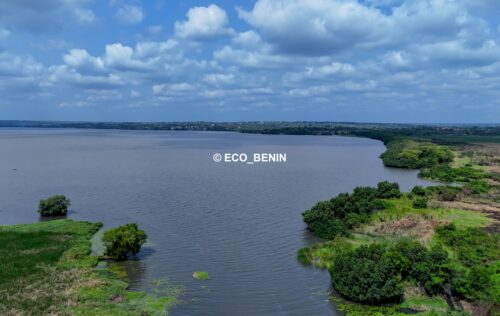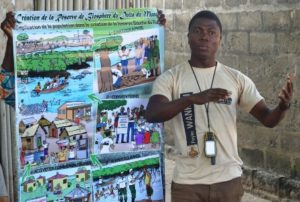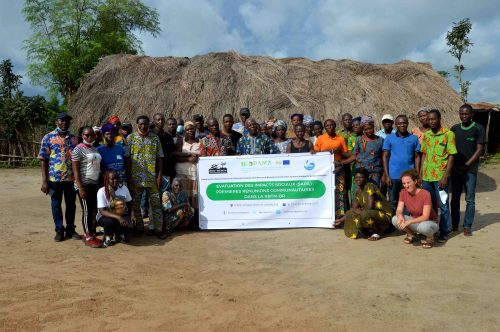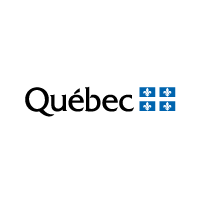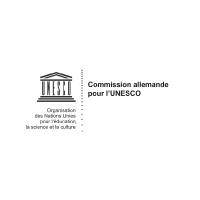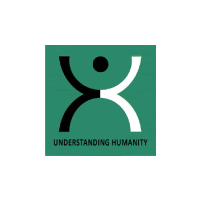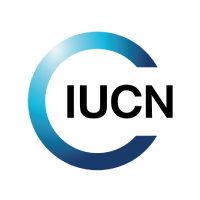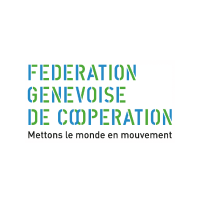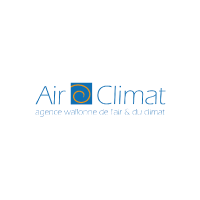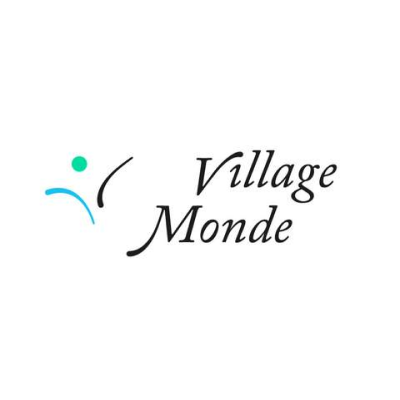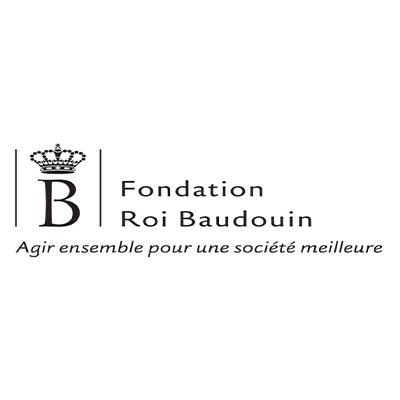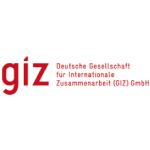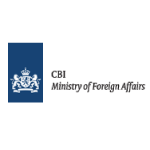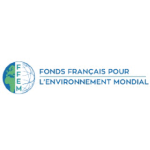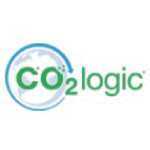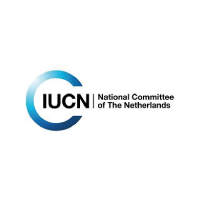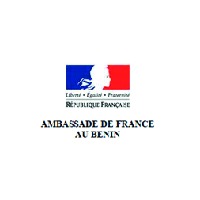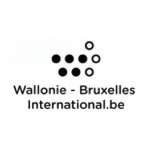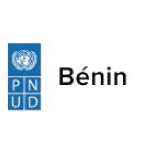The oceans are essential to the balance of our ecosystem and our survival on earth. They play a crucial role in the planet’s climate system and are the main source of protein for over 3 billion people. Around these issues, the Gulf of Guinea is facing serious problems related to maritime crime. These include illegal, unreported and unregulated (IUU) fishing, illegal migration, pollution, human rights and maritime piracy. Faced with these challenges civil society is organizing, alongside state actors and the private sector, through various initiatives to strengthen maritime security in the Gulf of Guinea. In 2018 in Lomé, the capital of the Republic of Togo, the collective of the Gulf of Benin deltas was created. This collective that constitutes the national and international Non-Governmental Organizations intervening in Ivory Coast, Ghana, Togo, Benin and Nigeria is a voluntary platform of actors anchored in these territories and in contact with local communities in the estuary areas, mangroves and in the fluviomarine systems. Clearly, civil society is committed to protecting the oceans. But their efforts are sometimes thwarted by insufficient training and difficulties in finding funding for their activities.
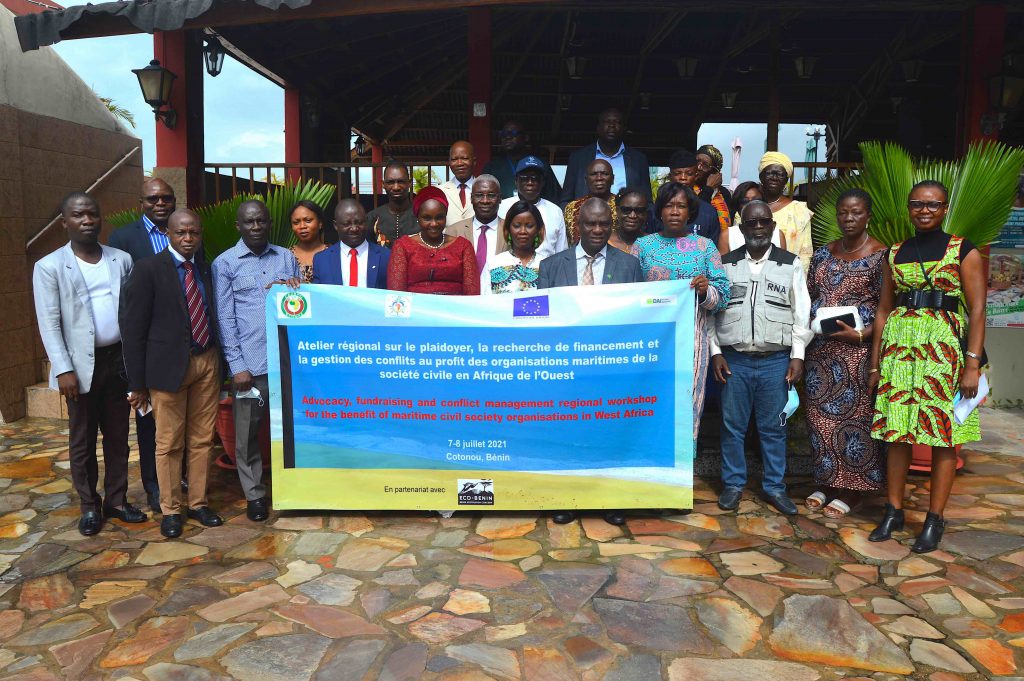
This is the challenge of the regional seminar on advocacy, fundraising and conflict management for maritime civil society organizations in West Africa, which took place from 7 to 8 July 2021 at the Hotel du Lac in Cotonou. Organized by the project « Support to Integrated Maritime Security in West Africa – SWAIMS », in partnership with the NGO Eco Benin, this initiative aims to engage civil society to play its role in the implementation of the maritime security and safety architecture of the Economic Community of West African States – ECOWAS. Dr. Abdourahmane DIENG, Head of the Regional Security Division of the ECOWAS Commission, was unable to travel to Cotonou, but proceeded via videoconference to the official opening of this workshop. This event, which brought together about thirty participants from 7 ECOWAS countries (Benin, Ivory Coast, Ghana, Guinea, Nigeria, Senegal and Togo), according to him, « is in line with the ECOWAS policy to promote a broader engagement of civil society in the fight against insecurity.
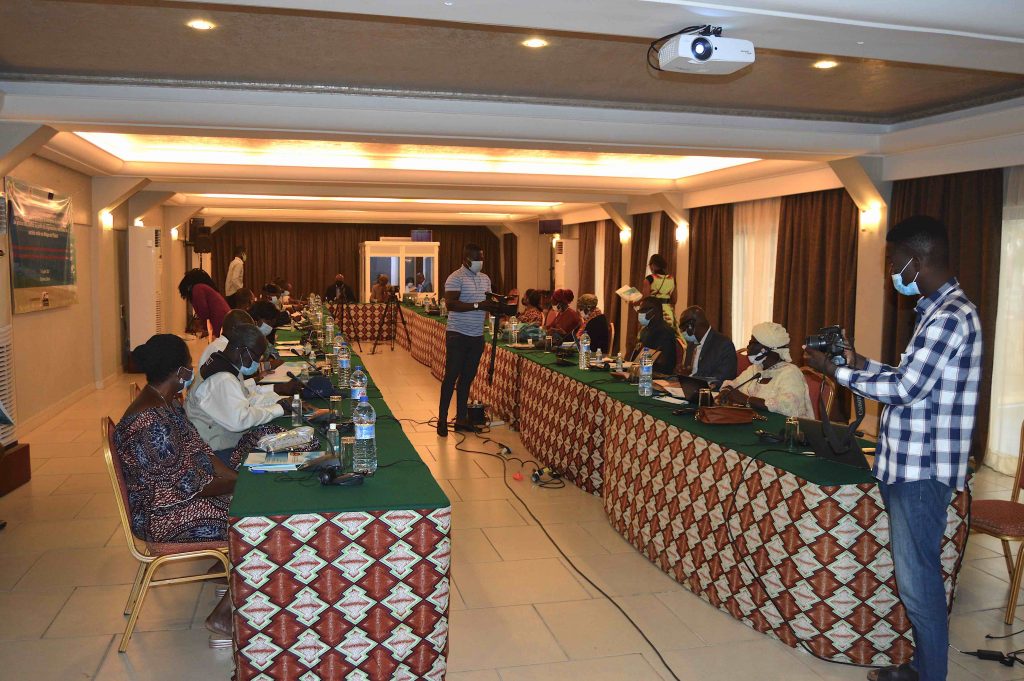
A series of five communications were given by experts, researchers and practitioners on :
– Financing of maritime security activities in West Africa;
– Strategies and initiatives for mobilizing financial resources in the maritime security sector by civil society actors
– The resolution of social conflicts in maritime activities carried out by small non-state actors;
– the place of networking in the mobilization of resources in the maritime sector.
The exchanges and debates will provide participants with the necessary tools to enable civil society to increase its support at the national and international levels.
« We understood during this workshop that civil society needs to be professional, it needs to be credible in order to mobilize more funds, » said Gautier AMOUSSOU, National Coordinator of the NGO Eco-Benin and participant in this seminar.
The participants formulated requests for actions to strengthen maritime security in a communiqué that will be sent to ECOWAS, the European Union and all partners working with civil society to strengthen its professionalism. This meeting was also an opportunity for the Expert in charge of the private sector and civil society of the SWAIMS project, Mr. Barthélemy BLEDE, to present the project to the participants. Funded by the European Union, SWAIMS is an ECOWAS project implemented in the 15 Member States of the organization and in Mauritania. Women, being more involved in the post-capture activities of artisanal fisheries, were particularly active during the workshop.
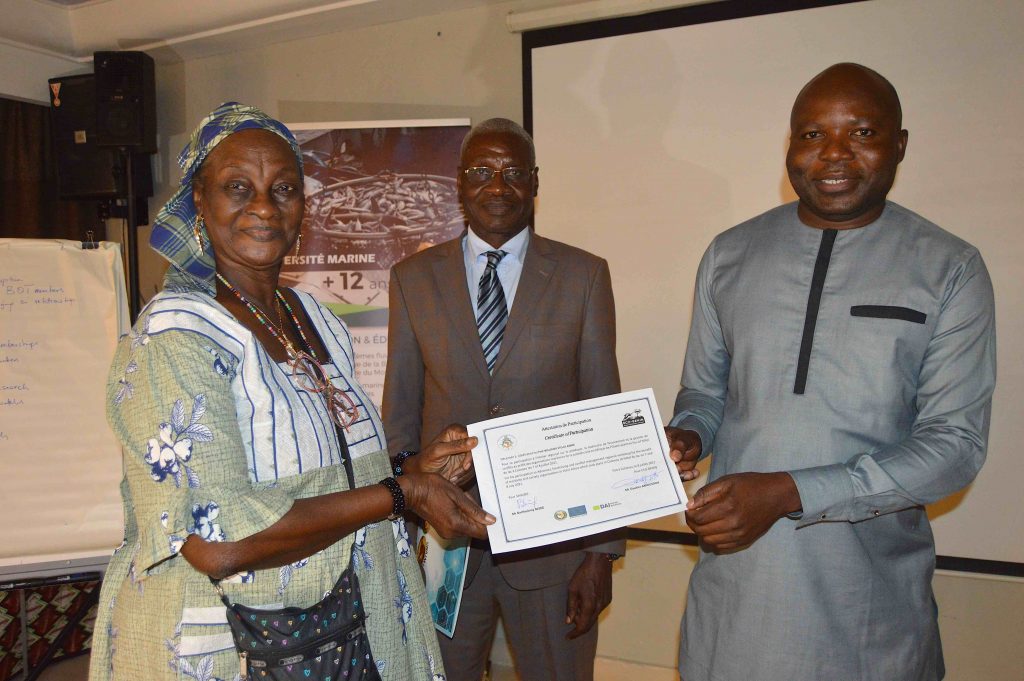
A certificate of participation co-signed by the organizers was given to each participant.
Read here the Cotonou declaration
Let us recall that a second edition of this workshop will be organized in Dakar, Senegal, in the last quarter of the year 2021. It will bring together civil society organizations from Cabo Verde, Gambia, Guinea-Bissau, Liberia, Sierra Leone and Mauritania.
ABOKI DANIEL / ECO-BENIN
